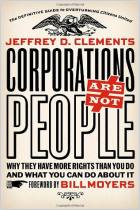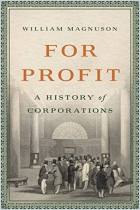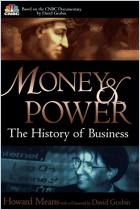
Gangs of America
The Rise of Corporate Power and the Disabling of Democracy
Recommendation
This interesting book traces the history and development of corporations from the time of Queen Elizabeth I to the present day. Much of the book focuses on little-known episodes in the corporate chronicle - the cruel Jamestown settlement in Virginia, for example, or the British East India Company’s depredations in India. About midway through, the book shifts from such tales to a close examination of Supreme Court justices who tilted the playing field in favor of corporate power. Breezily written and accessible, this book puts a lengthy and complicated history easily within reach of ordinary readers. Its bias is clear - the subtitle leaves no doubt that author Ted Nace is a foe of corporate power - and the closer to the present the story comes, the more accusatory the author’s conclusions may seem. Nonetheless, getAbstract.com finds this is a worthwhile read for those who seek background information on the dark side of the American corporate success story.
Summary
About the Author
Ted Nace once served as staff director of the Dakota Resource Council, organizing farmers and ranchers against rural coal strip mines and power plants. Nace became a freelance writer for PC World, Macworld and Publish. In 1985, he founded Peachpit Press to self-publish how-to books. He sold the company in 1996 to the Pearson conglomerate and returned to political activism and writing.






















Comment on this summary or 开始讨论